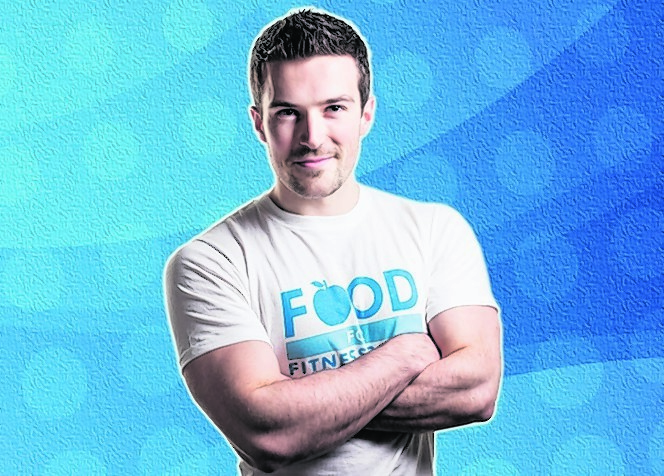Leading sports nutritionist Scott Baptie explains exactly what you should eat to fuel your workouts and exercise sessions
Welcome back to my mini-series on workout nutrition. Last month, we looked at what to eat before exercising. Today, we’re going to look at what you need to eat and drink during your workout.
Our main fuel source for exercise lasting longer than a few minutes is going to be carbohydrate, which we store in our muscle cells as glycogen, in our liver and some floats around in the blood, too. If we’re going to use some technical terms, “intra-workout nutrition” is largely dependent on exercise duration. In most cases, the longer the session, the more fuel you’ll use up and the more you’ll need to take on board.
MODERATE TO HIGH INTENSITY EXERCISE LASTING LESS THAN 60 MINUTES
If your session lasts less than an hour, then there isn’t really any need to take on board carbohydrate. No sports drinks, energy bars, gels, sweets. Assuming you’ve eaten a proper meal or snack pre-workout, then you’re already going to have sufficient carbohydrate in your body to fuel your session. If weight loss is your primary goal, swigging on a sports drink is certainly not a good idea. If someone burns say 400 calories on a treadmill but drinks 200 calories of sports drink during the workout, the net difference is only 200 calories. See what I mean? In general, if exercise lasts less than an hour, sipping on water is going to be just fine. If you struggle with plain water, add in a little no added sugar squash for some flavour.
MODERATE TO HIGH INTENSITY EXERCISE LASTING LONGER THAN 60 MINUTES
If you’re exercising for longer than an hour then the rules change. A 90-minute football match, a long cycle, a couple of hours pounding the pavement and you’re going to want to take on board some carbohydrate. Imagine a fuel tank on a car, you fill it up at the start of a long journey and chances are that you’ll need to top it up before you arrive at your destination. You’re the same. After an hour of exercise, your carbohydrate reserves are going to start to drop, let them drop too much and you’ll experience a sensation called “hitting the wall”.
The sports nutrition literature suggests that you want to consume around 30-60g of carbohydrate per hour of exercise for exercise lasting longer than 60 minutes. Choosing simple, easy-to-digest, low fat, low fibre carbohydrate is a smart move if you want to minimise potential stomach discomfort. Try different gels, dried fruit, sports drinks, the odd handful of Haribo and keep a note of how you feel. It will take a bit of trial and error before you find out the foods that work for you, when they work best and how much you need to take.
My advice is to start on the low end and gradually increase your carbohydrate intake as you become more accustomed to your new routine. For fluids, same as above, keep sipping on water when you can throughout the session.
THE WRAP UP
So there you have it folks. If exercise lasts less than 60 minutes, water is just fine, no carbohydrate needed. If it’s longer than an hour then you’re going to want to think about having some fuel in addition to your water. Next time, we’re on for post-workout nutrition and recovery. Talk to you then.
- Scott Baptie is a sports nutritionist and personal trainer based in Aberdeen. He helps people move, look, feel and perform better. Find out how at Food For Fitness
